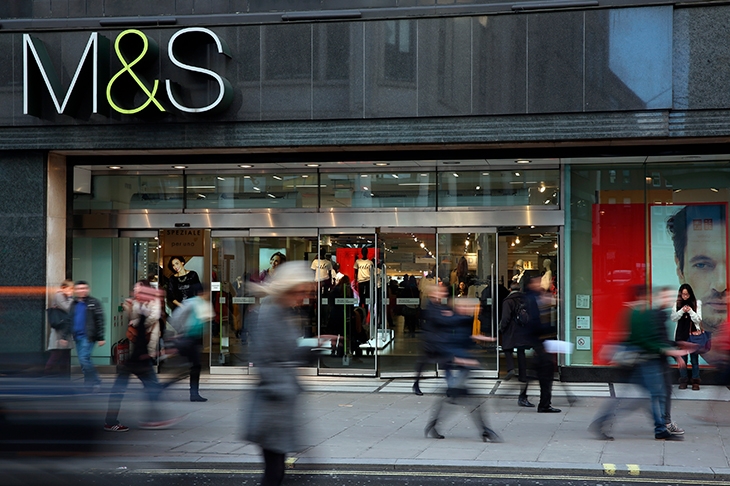When I wrote last week about business-to-business pain-sharing for survival, I was naturally thinking first about UK companies. I say ‘naturally’ because in every aspect of this crisis, national interest has, as it were, trumped transnational co-operation. That’s particularly the case where medical supplies are concerned — as in the US President’s attempt to stop the Minnesota-based manufacturer 3M exporting respirator masks to Canada. But wider questions about global supply chains have been brought into focus by one vivid case: the wipe-out of fashion orders from factories in Bangladesh, Cambodia and Vietnam, whose operatives — low-paid but lifted by their jobs out of greater poverty — are the flagbearers of globalisation en masse.
Bangladesh’s four million garment workers account for 84 per cent of their country’s exports, but most factories there are now closed. How should western retailers respond, given that their own shops face ‘high-street Armageddon’ with jobs at risk, warehouses full and cashflows breaking? There’s a range of answers so far. Sir Philip Green’s Arcadia group is reported to have suspended orders, extended payment terms and slashed the prices it will pay for goods already in transit. Matalan and Primark have cancelled much bigger shipments but the latter — owned by the billionaire Weston family — has offered to fund related factory wages. The Swedish group H&M says it’s paying in full for outstanding orders, declaring that ‘our long-term commitment to suppliers remains intact’.
It would be unworldly to heap shame on any retailer today for not placing new orders that can’t be sold. But there’s a reminder in H&M’s position of an out-of-fashion business model I’ve often praised, namely that of pre-21st century Marks & Spencer, whose suppliers had to meet tough standards and prices but were nurtured as part of an extended family. When normality returns, many supply lines will be shortened and localised; but that won’t help the far-away workers of Bangladesh, who need a revival of globalised trade on the basis of relationships that might apply if the buyers were their closest neighbours and cousins.








Comments
Join the debate for just £1 a month
Be part of the conversation with other Spectator readers by getting your first three months for £3.
UNLOCK ACCESS Just £1 a monthAlready a subscriber? Log in